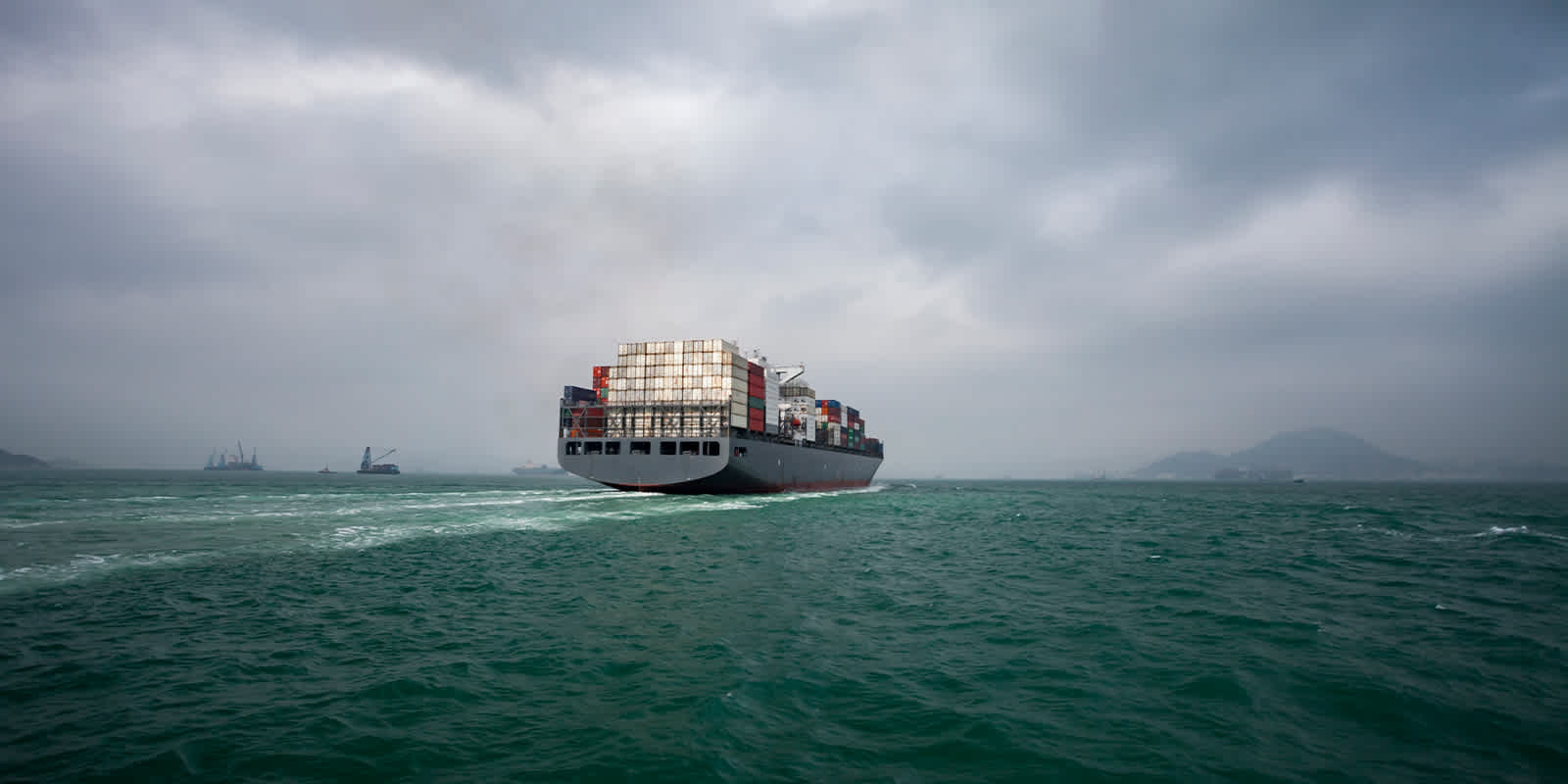
February 6, 2020
New Coronavirus Impacts: How to Guard Your Supply Chain
New Coronavirus Impacts: How to Guard Your Supply Chain
Global trade, with its heavy emphasis on Chinese manufacturing, has been rocked these past weeks by a reduced Chinese labor force and business closures caused by the coronavirus. Flexport's Chief Economist and heads of ocean, airline partnerships, and trade and financial services recently led a discussion around potential supply chain impacts and how companies can adapt.
Below are major takeaways from their conversation.
An Unusual Chinese New Year
Chinese New Year (CNY) is always a pivotal moment in the annual shipping cycle, spurring an aggressive effort to ship goods from China to the U.S. and Europe before the holiday begins. That rush is typically followed by an immediate lull in shipping activity during CNY, which was set to end on February 2, 2020 this year.
Usually, following Chinese New Year, we see ocean shipping lines move 30-50% of normal capacity and slowly ramp back up to 100% capacity by mid-March. Similarly, the majority of air-cargo aircraft take a 10-14 day break for CNY, as passenger airlines typically have ample cargo capacity.
But this year, due to concerns of the virus spreading, the holiday was extended to February 9 across China and Hong Kong, resulting in country-wide closures of factories and other businesses.
Extended Closures Strain Capacity and Operations for Freight and Factories
During this week’s extended holiday, we’re seeing factory closures reduce capacity and slow ramp-up time across different parts of the global supply chain.
With ocean freight, while all ports outside of Wuhan appear open, truckers aren’t picking up cargo at ports. In addition, shipping lines are adding 20-30% more blank sailings (cancellations) than we would normally see this time of year. At the same time, many scrubbers mandated by IMO 2020 and scheduled to be installed have been cancelled.
Turning to airfreight, passenger plane bellies that typically account for 45% of total capacity Trans-Pacific EastBound (TPEB) and Far-East WestBound (FEWB) are in short supply. As of February 5, over 90% of passenger capacity between mainland China and the rest of the world has been cancelled until the end of March, at the earliest.
Outside of transit, roughly 20% of factories are back to work this week, and we expect this to go to 40% by next week.
How Can Companies and Shippers Manage the Impact?
Restricted capacity will eventually cause competition for space, increased freight prices and extended shipping times. To mitigate the impact on your business, Flexport experts recommend that you:
Plan early and do your research
- If you’re shipping to China, see if the shipping line you’re using is extending its free port storage due to the crisis and make sure that the invoice is not disputable
- Consider securing guaranteed capacity on trade lanes in advance
- Avoid feeder ships that are subject to cancellations and opt to use trucks to move freight to main ports, where freight moved by trucks is often prioritized
Allocate budget for varied services
- Look for alternative routes for your shipments and utilize premium services like fast boats
- Budget now for more expensive, faster airfreight to guarantee you will have stock when needed
Keep lines of communication open with business partners
- Update your financial forecasts frequently and proactively, sharing numbers with partners regularly so you can react with agility
- Shippers should over communicate to keep partners informed about changing forecasts and requirements
What’s Next?
Flexport will continue to monitor the impact of the Coronavirus on global trade and provide updates from our experts, including those in mainland China. Keep checking back to Flexport.com and our blog for the latest. Also, subscribe to Freight Market Update for weekly news on what's happening across tradelanes worldwide in both ocean and air.
If you’d like to help, please join Flexport’s efforts to provide aid to those in need. Organizations with freight quantity of unused medical masks, N95 masks, sanitizer, medical caps, protective clothing, goggles, eye guards, or any other supplies can donate to relief efforts by contacting org.ops@flexport.com.
And, if you ship with Flexport, your Squad will provide ongoing updates on any potential impact to your shipments. Please don’t hesitate to reach out to them with questions.


